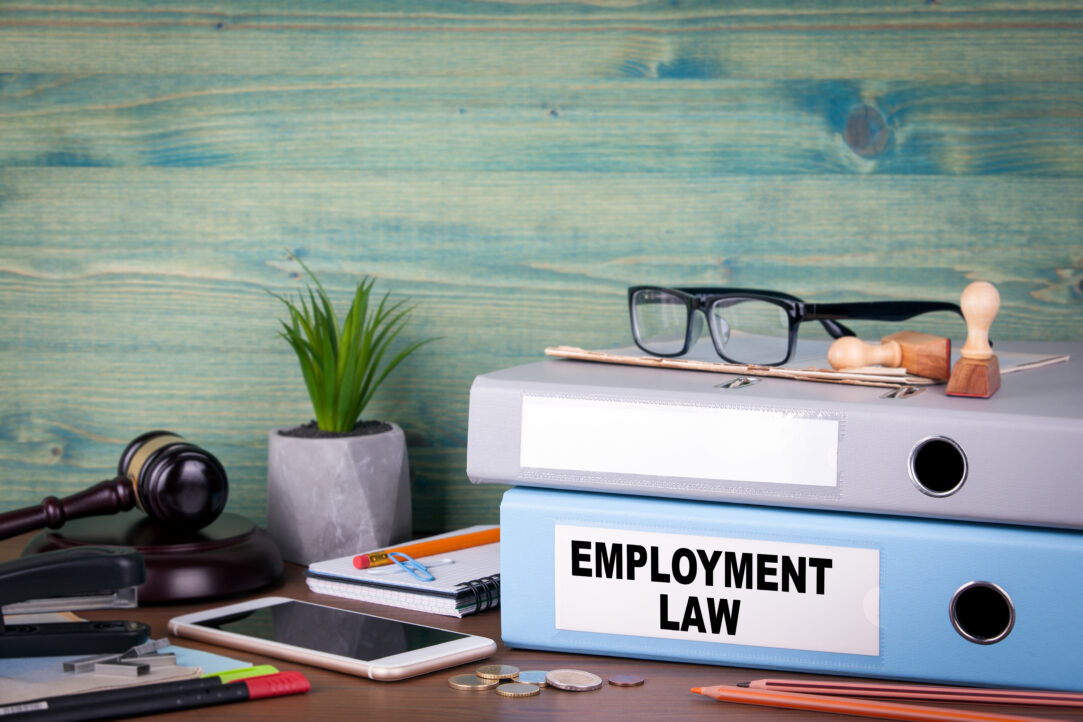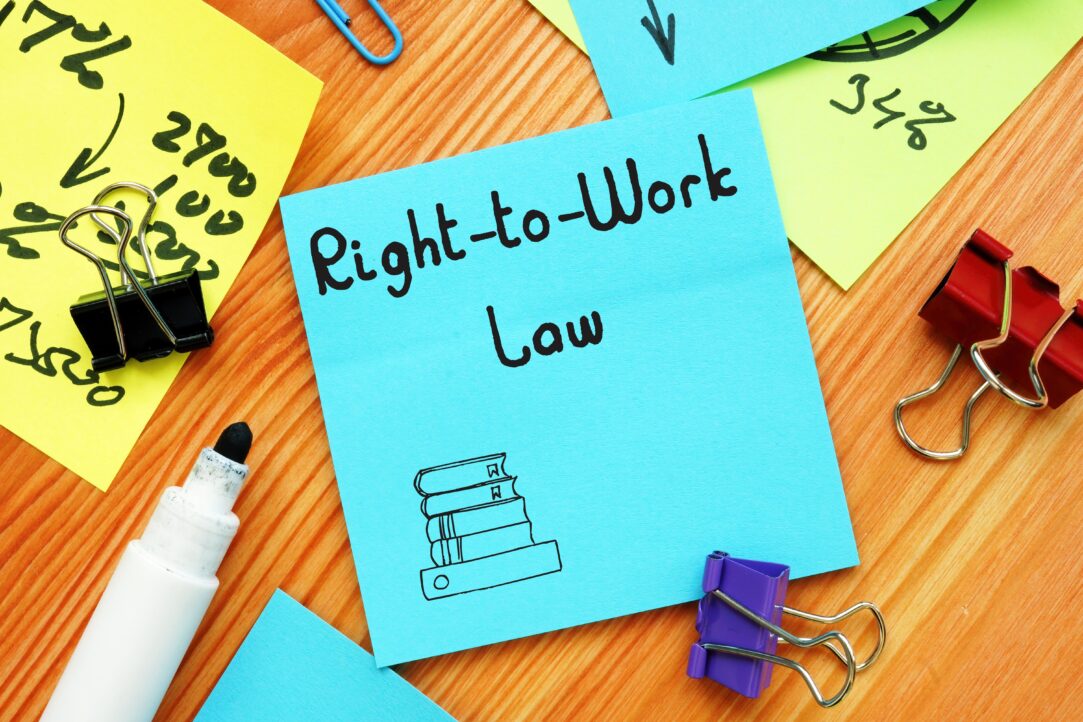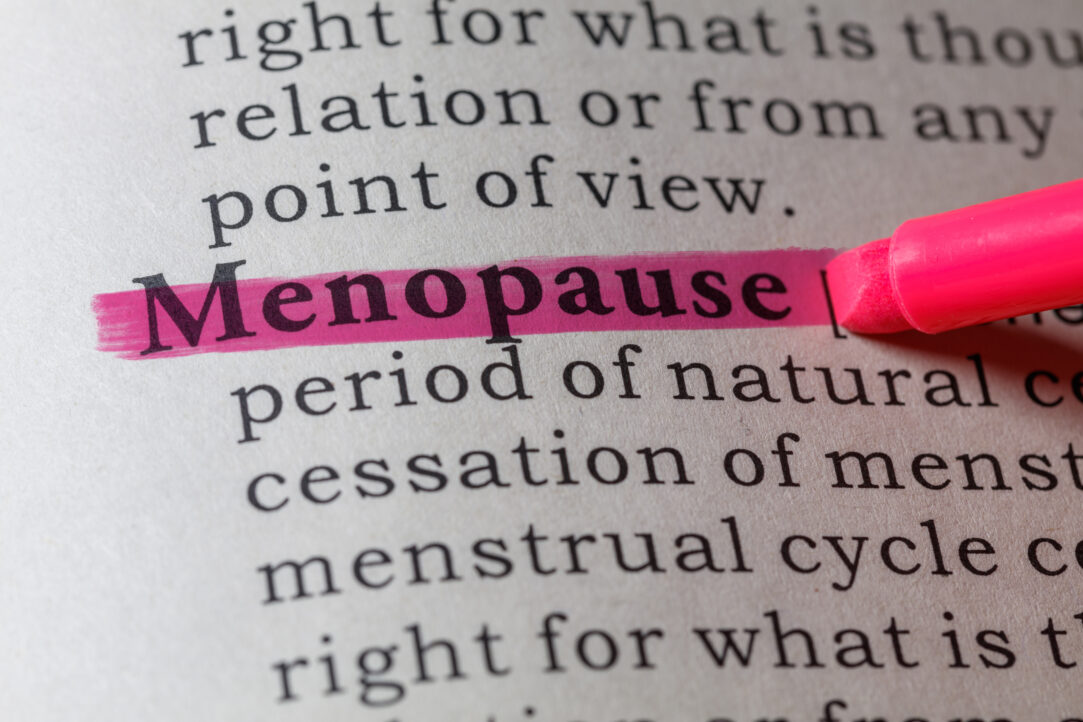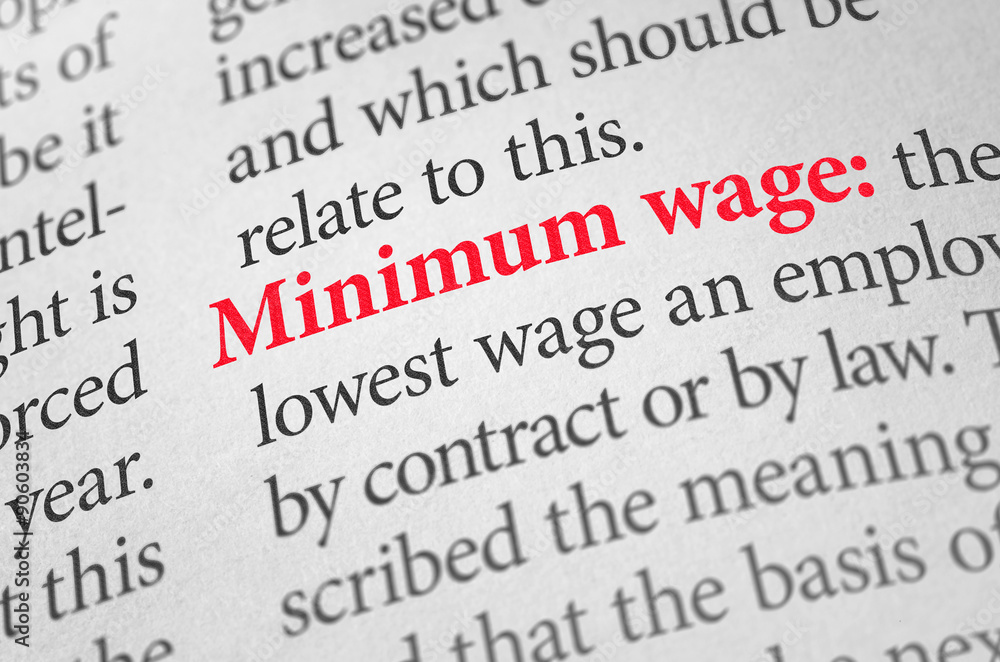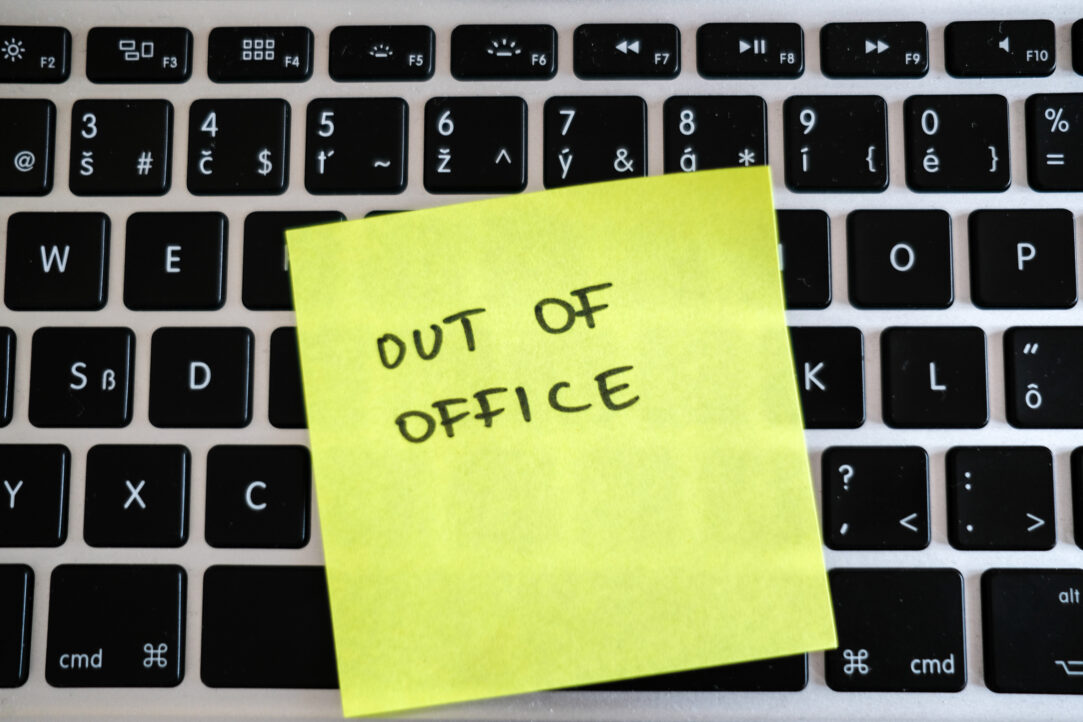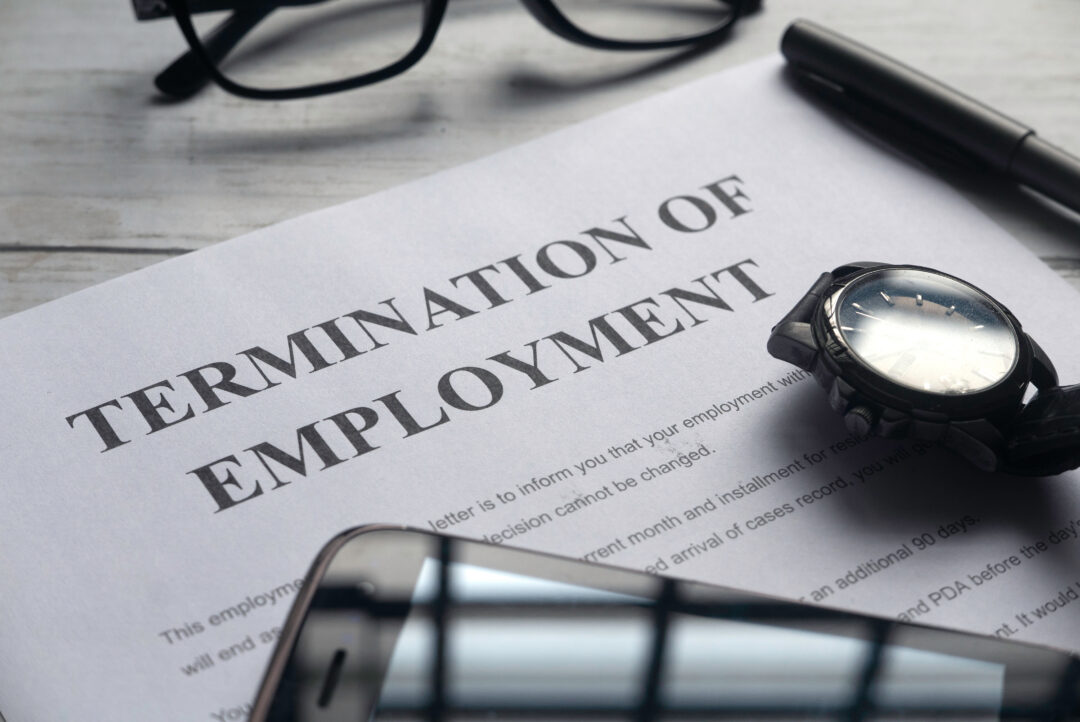What is Harassment?
You should be able to turn up to work and be met with a professional, courteous and supportive environment. Whether something is harassment in the legal sense, is determined by a legal test. Broadly, harassment is an act that makes you feel humiliated, intimidated, degraded etc. It is no defence for a harasser to say it wasn’t intentional or it was ‘banter’. There are two key types of harassment. The first is harassment because of a ‘protected characteristic’ (e.g. sexual orientation, race, pregnancy etc.). The second is sexual harassment.
Discrimination v Harassment
Discrimination is a general umbrella term to describe when someone is treated differently because of one of the defined protected characteristics. Harassment is one type of discrimination where unwanted conduct has the purpose or effect of creating an intimidating, hostile, degrading, humiliating or offensive environment.
Sexual harassment is a specific type of harassment where the unwanted conduct is sexual in nature. Sexual harassment is unlawful regardless of whether the conduct relates to a protected characteristic or not. You have the right to feel safe where you work. If you think you have been sexually harassed our employee solicitors are here to fight your corner.
What can you do if you have been harassed?
When responding to harassment, it is important to act quickly and seek advice. If you want to bring a claim, employment tribunals require you to do so within 3 months of the last act of harassment.
It can be deeply uncomfortable and distressing to be harassed at work by a peer or a manager. Being harassed in the workplace can damage your self-confidence, feelings of safety and may ultimately make you feel that you have no other choice than to leave. Unfortunately, harassment happens and is too often brushed under the carpet. This must not continue. Representing a wide range of expertise, our employment solicitors are here to guide and support you through whatever process you choose to follow, including:
- Raising a formal grievance.
- Advising on the strengths of your claim
- Bringing a claim against your employer when you have been harassed.
- Negotiating a settlement package to leave your job.
- Defending a claim when you have been accused of harassment.
Why Use Trethowans?
Bullying and harassment is never acceptable. Our employment lawyers will support you to challenge any unwanted conduct that you have experienced in the workplace. We recognise that a workplace can be like a second home and that when things go wrong it can feel daunting to ‘rock the boat’ especially when the harassment may be coming from a manager or a colleague you have previously worked well with. Everyone should feel confident to assert their rights and if you feel you have experienced repercussions for raising harassment you may be entitled to bring a victimisation claim.
We can guide you through the whole process from start to finish. As well as legal advice, our specialist team will offer you practical guidance to help you resolve the matter. We will lead you through all the key stages such as informal conversations, formal grievances and where necessary, a legal claim.
We are a leading Firm recognised in the Legal 500 2023 and Chambers and Partners 2023. The Employment Team is also ranked for Employment Law in the South. We pride ourselves on upholding our reputation for being down-to-earth dedicated lawyers who will take the time to understand you and your needs.
For expert advice on how to challenge your employer on bullying and harassment in the workplace, don’t hesitate to contact our team of experienced employment solicitors on 0800 2800 421.
Harassment While on Sick Leave
Whilst on sick leave, you have the right to rest and recover as you need. You may have certain obligations to have some contact with your employer and you should check your sickness absence policy to see what your employer requires. However, whilst on sick leave, the manner and extent of contact from your employer may amount to harassment if either their treatment of you is associated with a protected characteristic.
How often an employer should contact you may depend on the type of sick leave you are on. For example, if you have a broken limb, the occasional email to check up on a work matter which is progressing in your absence may be reasonable. However, if you are off with work-related stress, even minimal contact could constitute harassment.
Equally, harassment can also be committed by omission – therefore, if your employer is completely ignoring you and failing to support you during sick leave, this could be harassment. It is always useful to discuss with your employer how much contact and support you would like so that you can set expectations and reduce the level of distress that contact may cause.
I’ve Been Accused of Harassment at Work
Being accused of harassment at work can be shocking, unnerving, and deeply upsetting. When hearing accusations of harassment employers and colleagues may unfairly jump to conclusions however you have the right to a fair investigation and process.
Your employer may suspend you whilst it investigates the allegations. Suspension is not a disciplinary action but should only be used where necessary (for example if you may interfere with the investigation or they need to change working arrangements to avoid contact between yourself and the complainant). You should be paid in full throughout your suspension and your employer should regularly review whether, suspension can be lifted and you can return to work.
If an investigation uncovers evidence of harassment, before any formal action is taken, you should be invited to a formal disciplinary meeting. In this meeting, you should be given the right to reply to the allegations, provide evidence and be accompanied by a colleague or trade union representative. You also have the right to appeal any disciplinary decision made by your employer. It is important to engage in these processes where you can as this is your opportunity to put forward a defence.
If you have been unfairly accused of harassment, or if you feel that your employer is not following a fair process, reach out to one of our employment solicitors who can advise you on your options.






